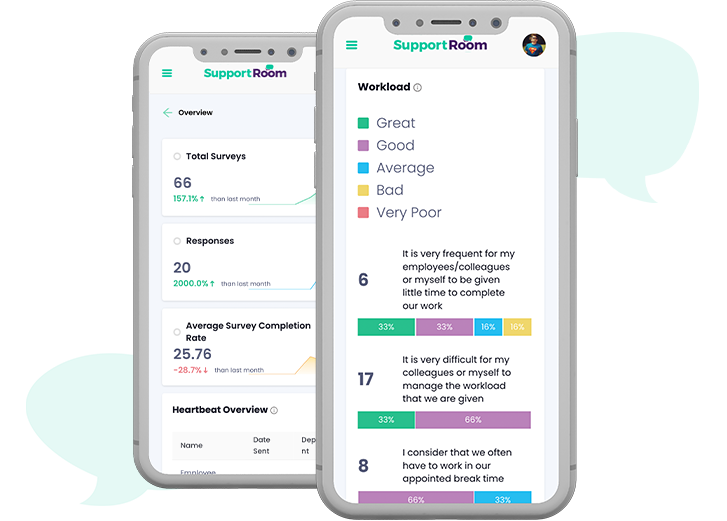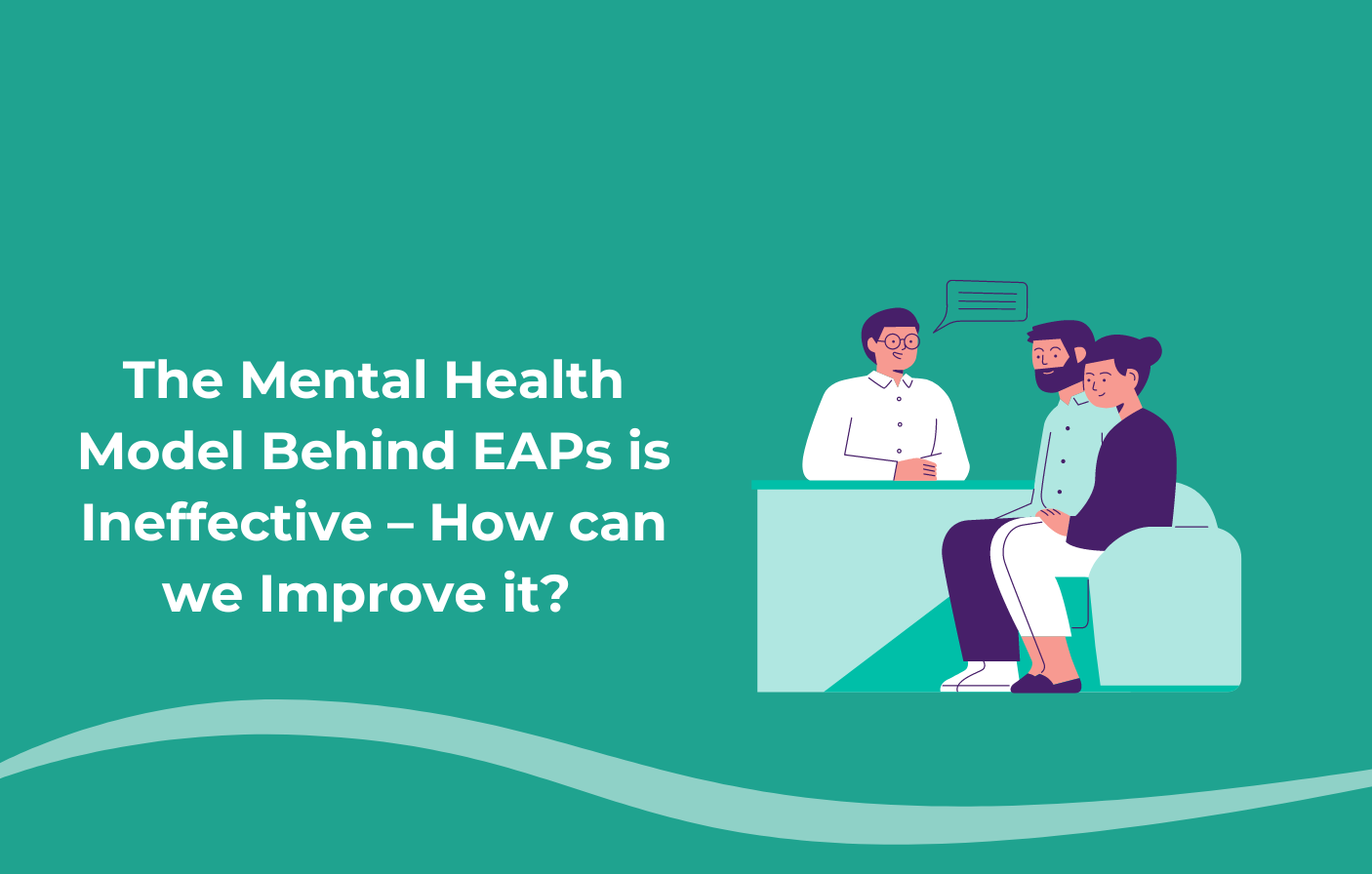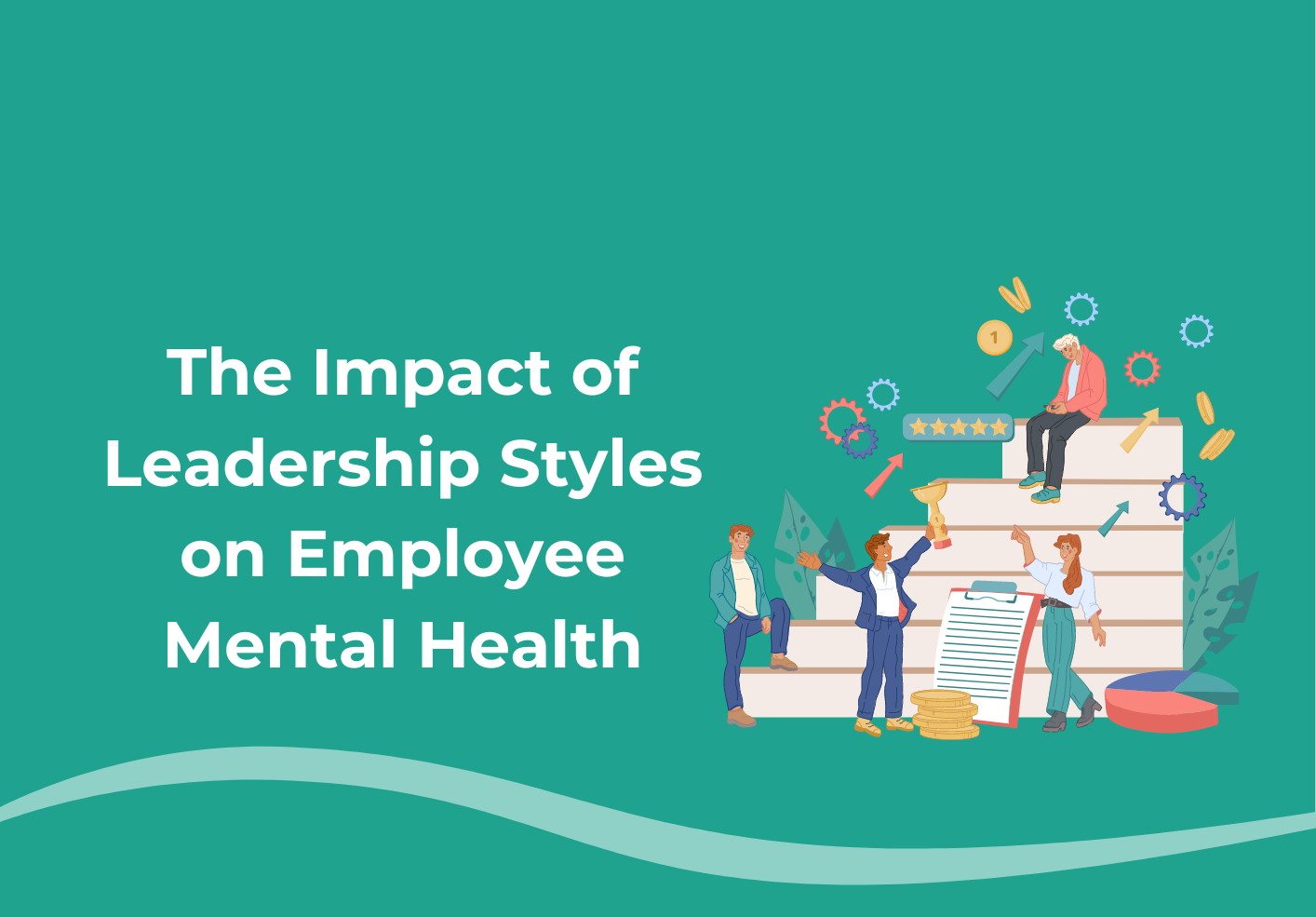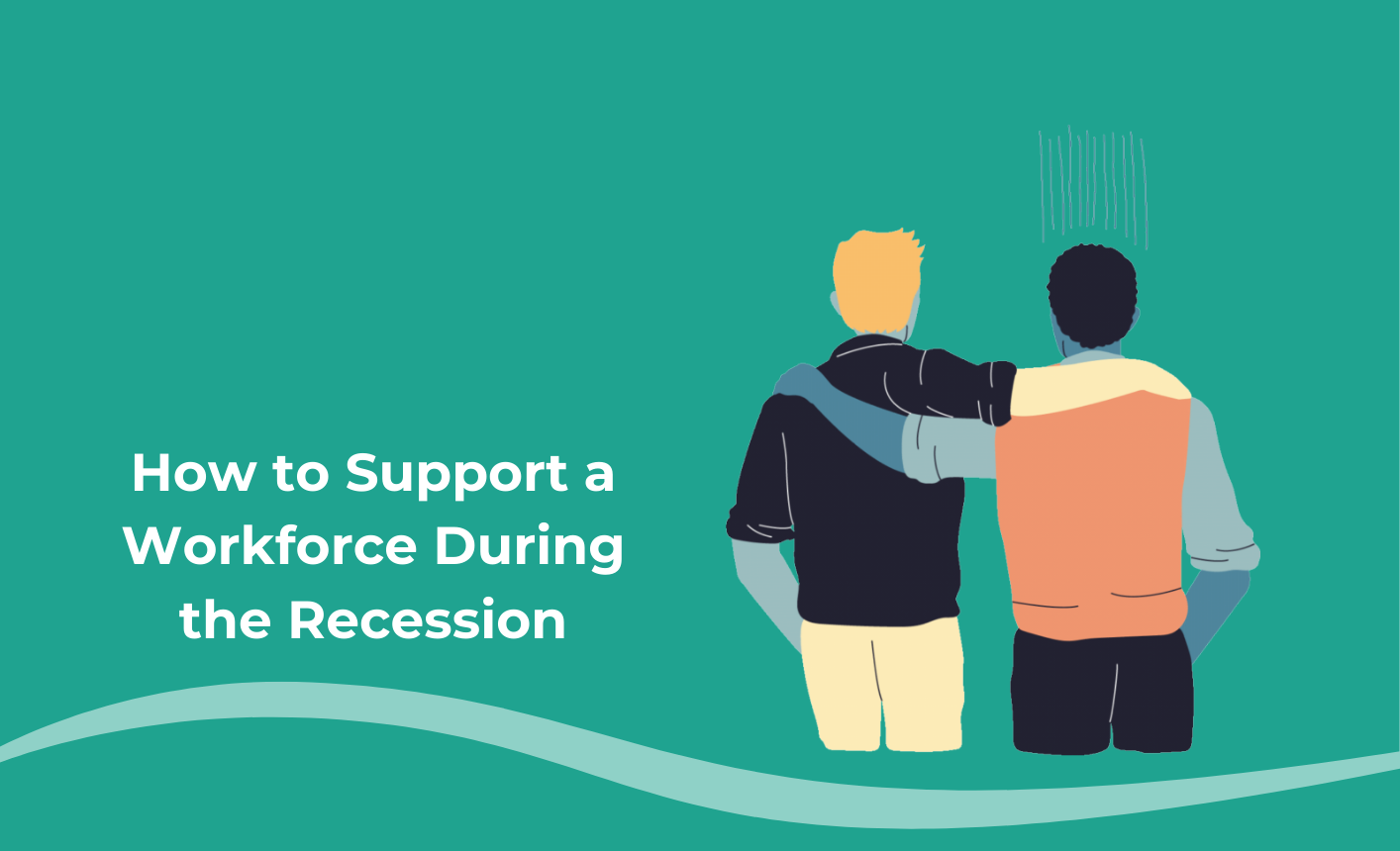As the clock ticks toward midnight on December 31st, most of us begin to reflect on the year that was and dream of what could be. New Year’s resolutions are often part of this ritual—a symbolic commitment to ourselves to embrace change and strive for betterment. But what happens when those resolutions fall by the wayside? How do we handle unmet goals and avoid the trap of self-criticism? And how can we approach the new year with a mindset that prioritizes both ambition and self-compassion?
Let’s unpack the importance of resolutions, what to do when they don’t go as planned, and how to set yourself up for meaningful growth in the year ahead.
Why Are Resolutions Important?
Resolutions are more than a passing trend or social expectation—they are a testament to our desire for progress. From a psychological perspective, resolutions offer significant benefits:
- Clarity and Direction: Resolutions act as a roadmap, giving structure to our goals and helping us focus on what truly matters.
- Emotional Reset: They provide a clean slate, a chance to leave behind past mistakes and embrace new opportunities.
- Intrinsic Motivation: Setting goals that align with our personal values reinforces a sense of purpose and fulfillment.
- Mental and Emotional Growth: The act of reflecting on what we want to change can enhance self-awareness and encourage deeper personal insights.
When Goals Go Unmet
The reality is that many resolutions are abandoned within weeks of the new year. This isn’t a failure; it’s an opportunity to learn. Here’s how to navigate the emotional and practical aspects of unmet goals:
- Acknowledge the Journey: Shift the focus from “I didn’t succeed” to “What did I learn?” Every attempt, even incomplete, contributes to growth.
- Reassess Your Approach: Were the goals too ambitious or misaligned with your priorities? Did external factors play a role? Understanding these nuances is crucial.
- Release Guilt: Guilt and self-criticism are counterproductive. Recognize that life is unpredictable, and perfection isn’t the goal—progress is.
- Redefine Success: Maybe you didn’t run that marathon, but you started walking regularly. Celebrate the steps you took, no matter how small.
Crafting Resolutions That Stick
The key to successful resolutions is balance—ambitious enough to inspire, yet realistic enough to achieve. Here’s how to create resolutions that nurture your mental health and support your overall well-being:
- Start with Reflection:
- What went well this year? What didn’t?
- How did your goals impact your emotional and mental health?
Honest reflection sets the foundation for thoughtful goal-setting.
- Choose Growth Over Perfection:
Resolutions should focus on progress rather than rigid outcomes. For example, “I will dedicate 30 minutes daily to reading” is more achievable than “I will finish 50 books.” - Make Them SMART:
Specific, Measurable, Achievable, Relevant, and Time-bound goals provide clarity. For instance:- Instead of “I want to be healthier,” try “I will meal prep every Sunday and limit takeout to twice a week.”
- Prioritise Mental Health:
- Incorporate practices like mindfulness, journaling, or therapy into your resolutions.
- Make space for rest and recovery as integral parts of your goals.
- Break Goals into Milestones:
Divide larger objectives into smaller, actionable steps. This reduces overwhelm and creates a sense of achievement along the way. - Find Accountability:
Share your goals with a trusted friend, join a supportive community, or use tools like habit trackers to stay on course. - Celebrate the Process:
Milestones deserve recognition. Reward yourself for the effort, not just the end result.
Building Resilience and Embracing Flexibility
Resolutions often falter when life takes unexpected turns. Instead of giving up, adapt. Goals aren’t meant to be rigid—they should evolve with your circumstances and needs. Resilience is about bouncing back and continuing to move forward, even if the path changes.
When you prioritise your mental well-being and remain flexible, resolutions become less about ticking boxes and more about creating a life that aligns with your values and aspirations.
A Fresh Start
As you plan for the new year, give yourself the gift of grace. Whether you achieved everything you set out to do this year or faced setbacks, the fact that you’re reflecting and planning shows courage and determination.
New Year’s resolutions are not about perfection—they’re about striving for growth while embracing the imperfections of life. With the right mindset and tools, you can make 2025 a year of purpose, resilience, and meaningful change. SupportRoom is here to guide and support you along the way.

Gain FREE access to Heartbeat
Get a free Heartbeat Survey.
Let us uncover the true state of your team’s wellbeing with a free mental health survey for your entire organisation.
Gain valuable insights to see how you can better support your team’s mental health and performance.
No pitch. No credit card required.





